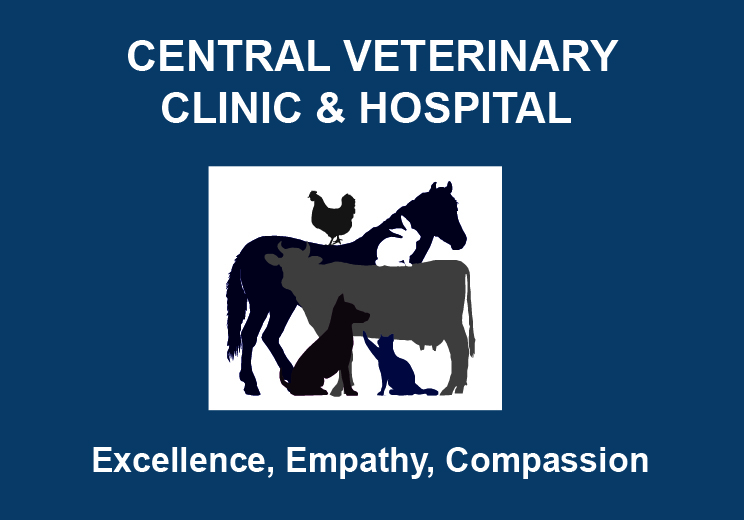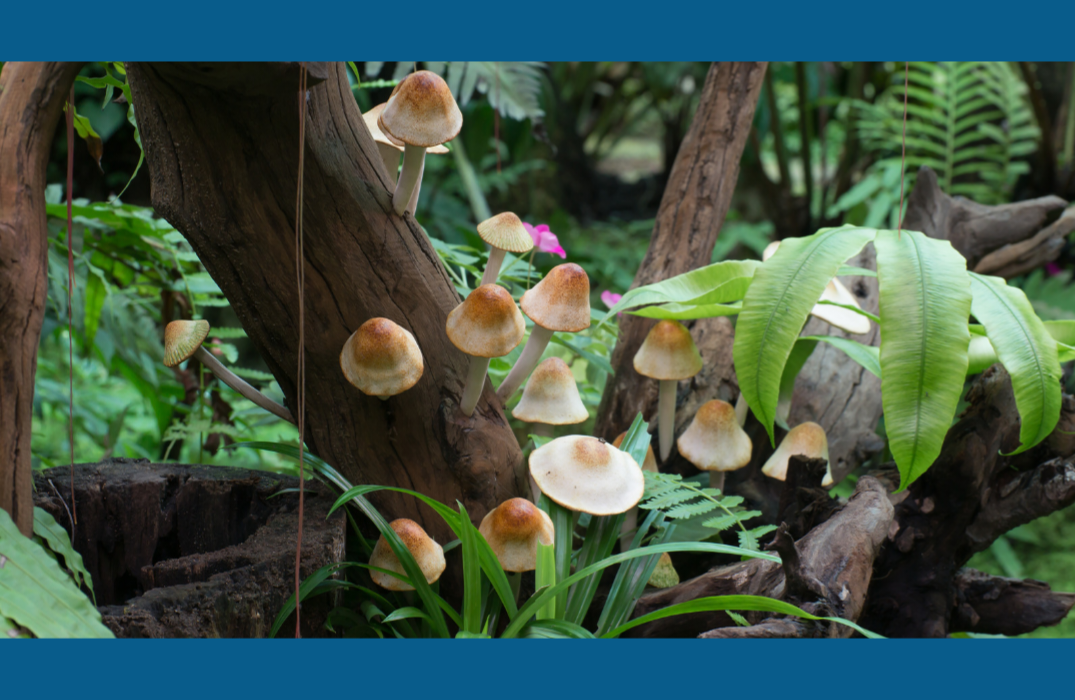Animal poisoning is so common that the 24-hour emergency centres almost have an ongoing revolving door for such things. Let’s face it, many dogs and cats eat things they shouldn’t and many such things are toxic. Also, sometimes without realising, we might inadvertently feed something that could cause harm (grapes, chocolate, onions, medications for example) or apply something to the skin that is toxic (dog flea products to cats).
What are some common household poisons?
Some common household poisons are:
- batteries
- bees
- chocolate
- coffee
- disinfectants
- drugs
- fertiliser
- grapes, raisins, sultanas
- onions
- medications (human and animal)
- mushrooms
- organophosphates and carbomates
- pesticides
- plants (like lillies)
- rait bait
- snail bait
- snakes
- ticks
- xylitol (artifical sweetened lollies, toothpaste, medications…)
A list of common animal poisons can be found at: Most Common Animal Poisons | The Australian Animal Poisons Centre
Is that toxic to my pet?
If you are unsure if something is toxic, your best reference is to ring the Australian Animal Poisons Helpline on 1300 869 738. This is a free service for pet owners during standard working hours or there is a small fee to access the advice afterhours.
Australian Animal Poisons Helpline | A Specialist Service For Poisoned Pets
What happens if the product is toxic?
If your pet has eaten something toxic, the exact procedure for dealing with the event depends on the specific toxin.
In many instances where an animal has eaten the toxic substance, our first step is decontamination. This is most successful if done within the first 1-2 hours of ingestion. The process usually involves giving an injection to make your pet vomit. The injection is usually quite effective and induces vomiting within 5-10 minutes. Once your pet has vomited all their stomach contents out and all that is left is bile, we will then reverse the vomiting by giving them an anti-nausea/anti-vomiting injection. This is also quite quick-acting and makes your pet feel better within 10-15 minutes. [Note that dogs can be disgusting and can re-eat their vomit, so collecting it in a tray and removing promptly is advised to avoid recontamination!]
Following this procedure, we often feed activated charcoal, which binds to any toxin that may have passed through to the intestines and prevents it from being absorbed into the bloodstream. We might also give a laxative or enema to clear out quicker any toxin from the intestines and colon.
Some toxins will also require further specific testing and treatment. For rat bait ingestion, for example, we might advise a blood clotting test 48 hours after ingestion or may put them on vitaminK1 as a precaution. Seizure toxicities usually require anti-convulsant medications. Poisonings that are toxic to the kidneys and high-risk toxicities may also require your pet goes into hospital and gets put on intravenous fluids. There are also specific antidotes for specific toxins, like anti-venom for snake bite toxicity for example.
If your pet has come into skin contact with a toxin, wash their coat multiple times in cool water with detergent to get as much product off the skin as possible.
In severe toxicity cases or where simple decontamination (via vomiting and charcoal) is no longer possible (as it has been more than 2 hours since exposure), then it maybe necessary to anaesthetise the animal and drain the stomach of its contents with a tube and perform a physical enema with a tube up the bottom.

